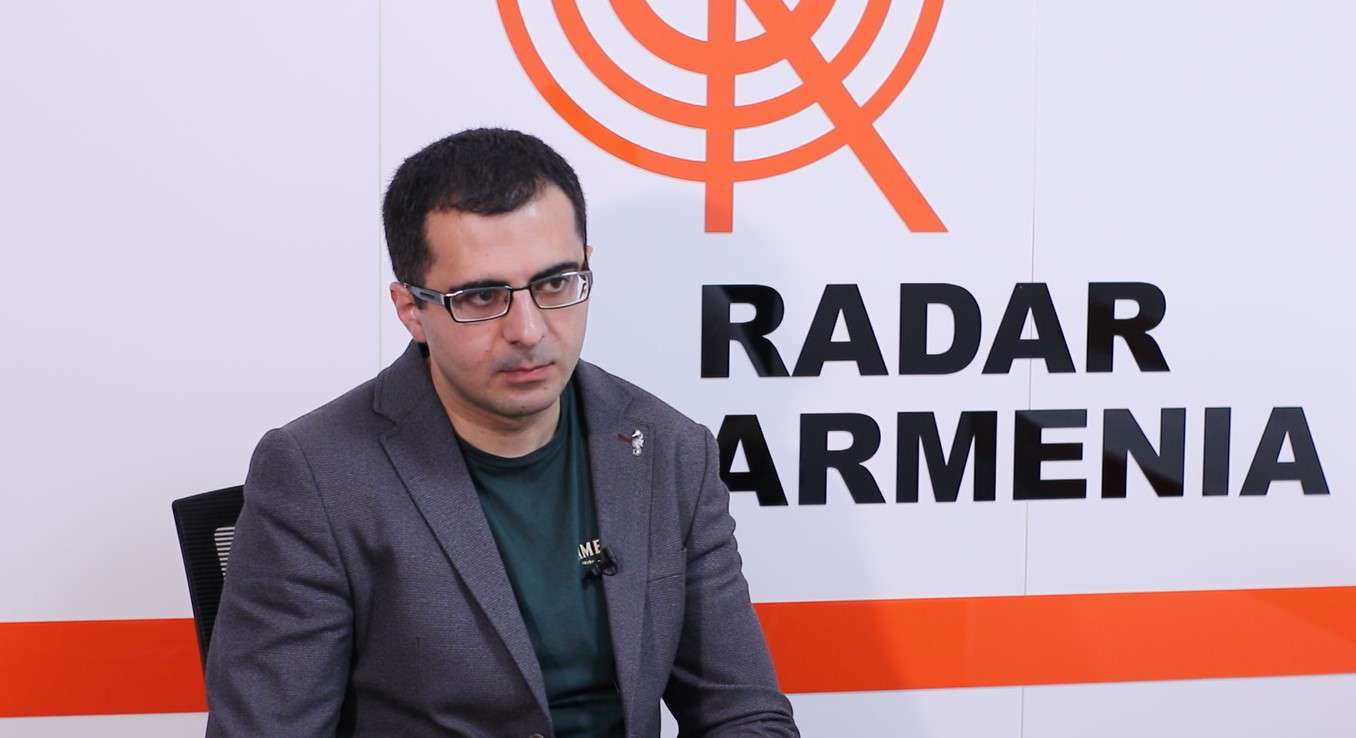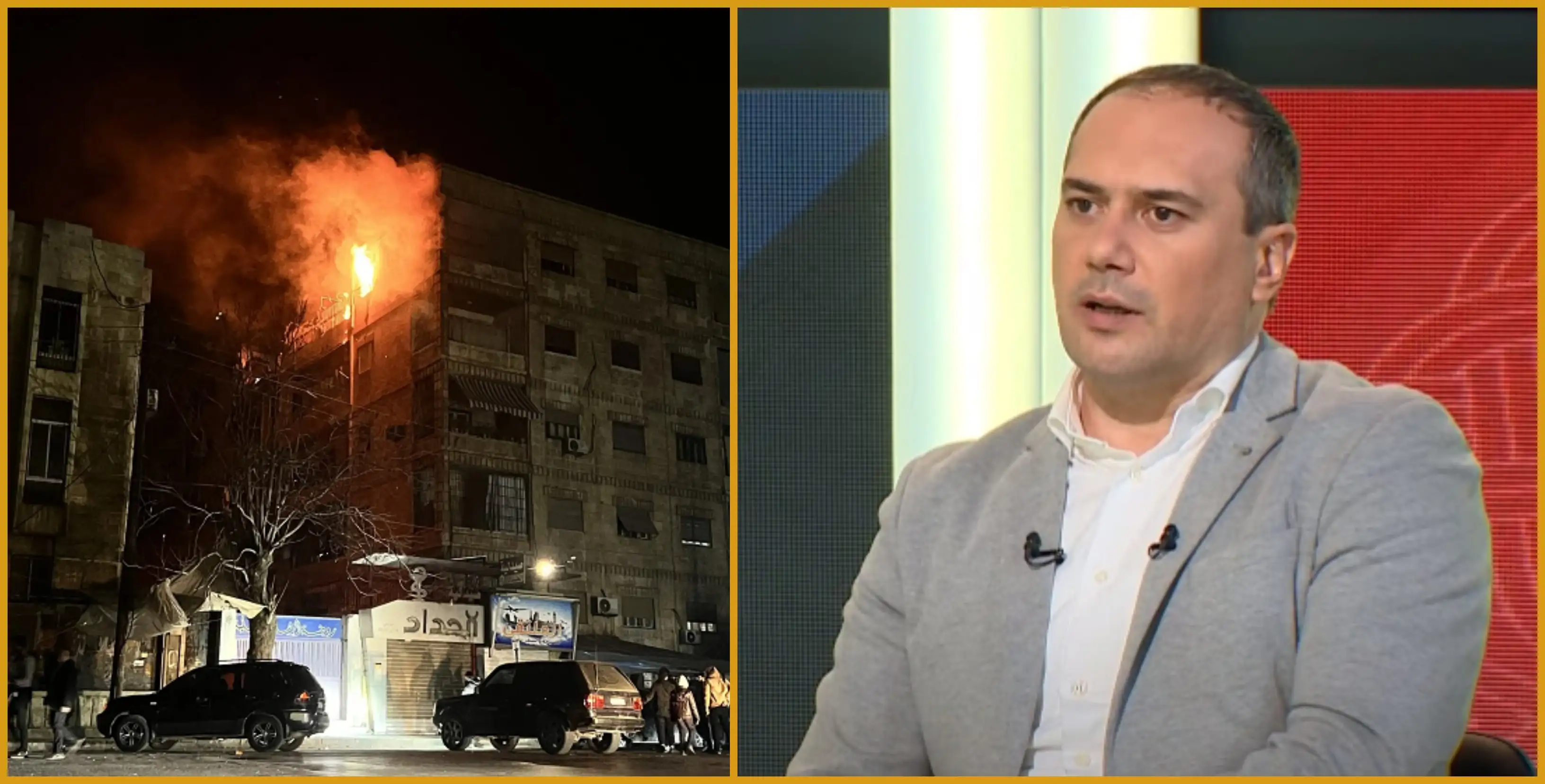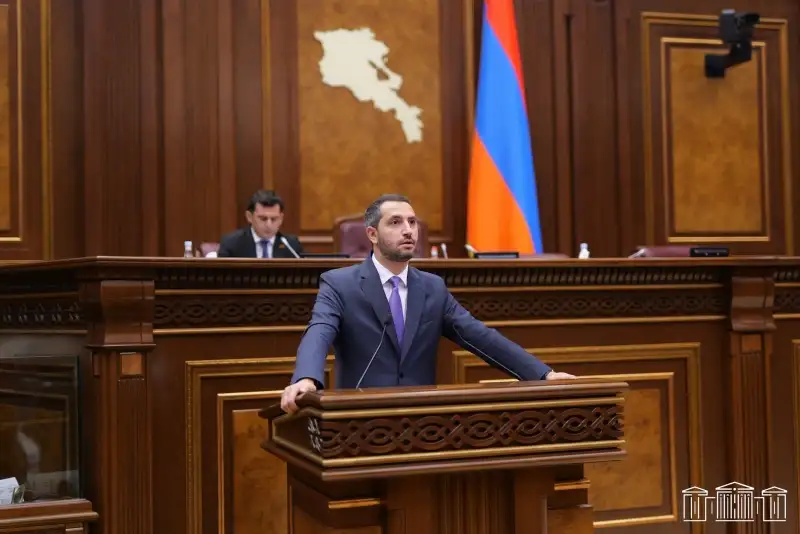Radar Armenia's interlocutor is political scientist Samvel Meliksetyan.
– The Azerbaijani president insisted that Azerbaijani cargo and citizens should be transported unhindered via the Syunik route, without seeing the face of an Armenian border guard or anyone else. He also refused to sign a peace treaty, once again putting forward the well-known preconditions for signing the treaty and, as a solution to the issue, offered Armenia the idea of initialing a peace treaty. A rather sharp reaction from Armenia followed this.
Mr. Meliksetyan, what do you attribute Aliyev's behavior and position to? What will be the fate of the negotiations?
– I think Aliyev's arrogant statements, his refusal to sign a peace treaty, and the American proposal were expected. Baku will not refuse the preconditions it has put forward for a peace treaty: the dissolution of the Minsk Group and amendments to the RA Constitution. However, on the other hand, Aliyev is likely to initiate the peace treaty in the coming months. This is likely to occur with a joint statement from the two sides on the dissolution of the Minsk Group. Such is Aliyev's strategy: on the one hand, to take some demonstrative constructive, positive steps in the peace process, but on the other hand, to postpone the final solutions.
There are several reasons.
The first is that, as a result of the positive outcome of this process, they may lose a crucial lever in Armenia. It is also known that these negotiations involve not only Armenia and Azerbaijan. The signing of the peace treaty implies the opening of the border between Armenia and Turkey. And if there are any unfavorable developments for Azerbaijan in the future, it will not have any levers of pressure on Armenia.
In other words, it will not be able to keep the Armenia-Turkey border closed, the opening of which will also provide significant opportunities for Armenia's development.
The second reason for Baku's deliberate delay in signing the treaty is that we are in an election year, and it is not yet known with whom they will reach an agreement: Pashinyan or another force. What developments will occur on the ground, and in what way will the Armenian-Azerbaijani negotiations unfold? However, it is under the influence of this same factor that Aliyev is taking, albeit small and insignificant, yet constructive steps to advance the process.
The third factor is Russia, its reaction to this process. It is no secret that the Armenian-Azerbaijani settlement will weaken Russia's influence in the region. Even reaching agreements on a bilateral platform increases the risk of threats from Russia, as seen in the recent aggravation of Russian-Azerbaijani relations. In addition, as we know, Russia maintains a formal presence; for example, the trilateral format of deputy prime ministers remains in effect. Baku takes into account the realities mentioned above, and in this context, to reduce its dependence, Aliyev seeks guarantees from larger geopolitical players, primarily the United States. Without US guarantees, this process would be risky for both Azerbaijan and Armenia.
As a fourth factor, Azerbaijan is attempting to sell the peace treaty as dearly as possible to all parties, including the EU and the US, that seek stability in the South Caucasus. In my opinion, in exchange for this "sale", Azerbaijan expects some investments, agreements on trade and economic cooperation. In addition, it expects some guarantees not to raise issues related to democracy and human rights, which will contribute to the preservation of the regime in Baku. In the coming year, there will be slow progress, but no final solutions will be reached. They will be left for the future.
– How would you assess the efforts of the US administration to establish peace and stability in the South Caucasus? On what basis did Aliyev reject the American proposal to unblock the roads?
– In my opinion, Aliyev's rejection is already an indicator, a specific idea that the US is not yet very seriously involved in the process. Apart from political populist statements, so-called manifestations of goodwill, we do not see more practical steps that are needed in such cases. There is no clear idea of what will happen as a result of Azerbaijan's refusal. It could be an expression of US disappointment or criticism of Azerbaijan, but more is not expected; it is not visible. Because if there is no real process, straightforward steps, and calculations behind the encouraging words, Azerbaijan will not and cannot fear that there will be economic and other pressures; then the weak motivation to change the status quo will weaken even more. This is worrying. And in this case, there must be a Russian "pie and a whip at the same time" policy.
Tamara Ghazaryan


















